Uniqlo's journey in the fashion industry is truly captivating. This Japanese retailer originated as Unique Clothing Warehouse in Hiroshima in 1984, quickly establishing itself as a go-to brand for affordable and high-quality apparel. In 1997, it adopted the SPA (Specialty Store Retailer of Private Label Apparel) model, which significantly enhanced its innovation and control over product offerings. After embarking on international expansion in 2002, Uniqlo gained global recognition for its functional clothing lines, such as Heattech and AIRism. Although it has faced challenges, including labor rights controversies, the brand remains committed to sustainability, appealing to eco-conscious consumers. As Uniqlo aims for a future with over 4,000 stores, it continues to redefine casual wear and influence the retail landscape, promising an exciting evolution in its brand story.
Origins of Uniqlo
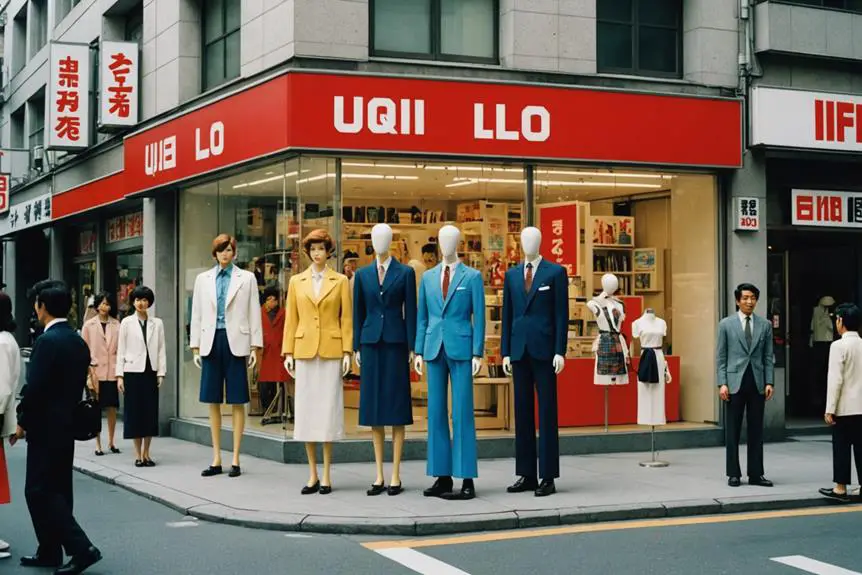
Uniqlo's origins are rooted in a vision that Tadashi Yanai had for affordable fashion, leading to the brand's establishment in June 1984 in Hiroshima, Japan. Initially named Unique Clothing Warehouse, Yanai sought to redefine casual wear by offering high-quality garments at prices everyone could afford. This bold approach not only filled a market gap but also resonated deeply with consumers, resulting in rapid growth.
Uniqlo's philosophy emphasizes constant change and diversity, challenging conventional fashion norms. By focusing on customer needs, the brand quickly adapted to shifting preferences, ensuring its relevance in a competitive landscape. This adaptability laid the groundwork for Uniqlo's transformation into Asia's largest clothing retailer.
Moreover, Yanai's strategic vision paved the way for Uniqlo's evolution into a global brand. The company's ability to innovate while maintaining its commitment to quality has been essential in establishing a loyal customer base. As Uniqlo continues to expand, its origins still reflect a commitment to providing high-quality casual wear that meets diverse consumer needs. In this way, Uniqlo remains a reflection of Yanai's original vision, continually adapting to the ever-changing world of fashion.
Company Milestones
Building on its strong foundation, Uniqlo has achieved several significant milestones that reflect its ambitious growth trajectory. Initially founded as Ogori Shōji in 1949, the brand opened its first store, Unique Clothing Warehouse, in Hiroshima on June 2, 1984. This marked the beginning of its journey towards becoming a global leader in casual wear at affordable prices.
Key milestones include:
- Name Change to Fast Retailing: In September 1991, Ogori Shōji officially became Fast Retailing Co., Ltd., establishing a clearer brand identity and operational structure.
- Adoption of the SPA Model: In 1997, Uniqlo adopted the Specialty Store Retailer of Private Label Apparel (SPA) model, which allowed for enhanced control over product planning and production, streamlining its offerings.
- International Expansion: By 2005, Uniqlo expanded internationally, opening stores in the U.S., Hong Kong, and South Korea, marking a significant milestone in its global presence.
Today, with over 3,747 stores worldwide, Uniqlo continues to innovate and adapt, solidifying its position as a flagship store in the casual wear market.
Expansion Into Global Markets
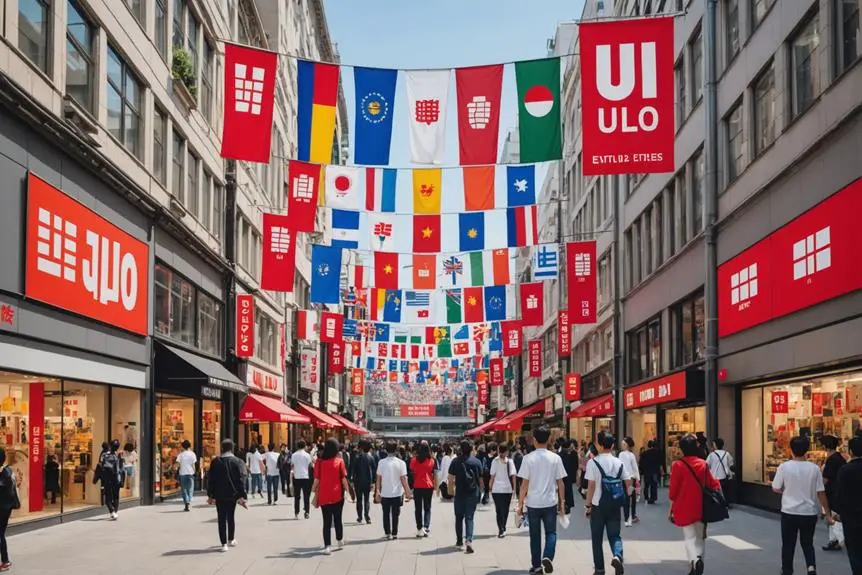
As Uniqlo solidified its position within the casual wear market, the brand recognized the importance of expanding beyond its home turf. The journey began in 2002 when the first Uniqlo store opened in London, marking the start of its international expansion. This strategic move was soon followed by a flagship location in New York City in 2006, showcasing Uniqlo's commitment to penetrating global markets.
By 2005, the brand had already established retail stores in Hong Kong and South Korea, markedly enhancing its presence in Asia. As of August 2021, Uniqlo had developed a strong foothold in China, boasting 832 stores and becoming one of its largest markets. The aggressive expansion continued, and by 2023, Uniqlo operated over 3,747 stores worldwide.
In the U.S., Uniqlo reached 60 stores by August 2024, while it also ventured into European markets like Germany, Italy, and Spain. The brand's success can largely be attributed to its ability to offer affordable prices without compromising quality, appealing to diverse consumer bases across various regions. This strategic positioning has solidified Uniqlo's status as a global retail powerhouse.
Product Innovations
Innovative product development has become a cornerstone of Uniqlo's strategy, fueling its growth in the competitive fashion landscape. By adopting the SPA (Specialty Store Retailer of Private Label Apparel) model in 1997, Uniqlo gained greater control over product planning, allowing for continuous innovation and efficiency in production.
Key innovations include:
- Heattech technology: This revolutionary fabric retains body heat while remaining lightweight, offering consumers enhanced comfort during colder months.
- WHOLEGARMENT technology: This seamless knitting method not only improves fit but also considerably reduces waste, aligning with modern sustainability goals.
- 3D U-Knit collections: Launched in late 2017, these custom-fit garments utilize advanced knitting techniques to minimize material waste, showcasing Uniqlo's commitment to both innovation and sustainability.
Uniqlo's strategic collaborations with renowned designers, such as the +J collection with Jil Sander, further underscore its dedication to stylish offerings while maintaining affordability. By intertwining advanced technology with thoughtful product planning and design, Uniqlo sets itself apart in a crowded market, ensuring it meets consumer needs without compromising on quality or price.
Marketing and Brand Identity
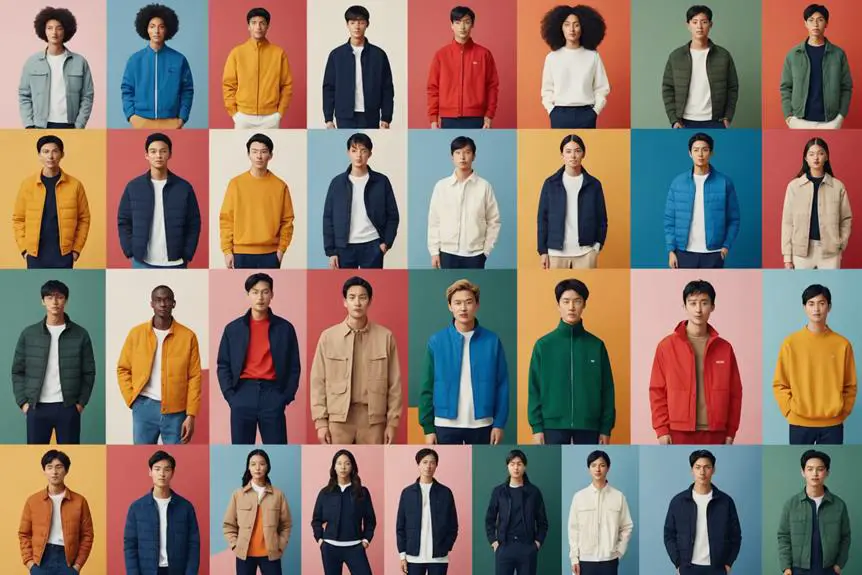
While Uniqlo's product innovations capture attention, its marketing and brand identity play an essential role in shaping consumer perceptions and driving sales. The brand effectively targets urban millennials, emphasizing the fusion of function and beauty in its unique styles. This appeal resonates with a demographic that values trendy yet practical apparel, making Uniqlo a go-to choice.
Uniqlo's clear brand message is consistently communicated through innovative marketing strategies that leverage social media and influencer partnerships. These tactics enhance visibility and foster engagement, allowing the brand to tap into digital conversations that matter to its audience. Moreover, Uniqlo creates unique in-store experiences with interactive displays, elevating customer interactions and aligning with its commitment to quality service.
The brand's continuous evolution reflects modern Japanese culture and aesthetics, enabling it to adapt to global market trends while maintaining its core identity. Additionally, pop-up shops and art collaborations serve as innovative marketing tactics, creating buzz around new collections and initiatives. This blend of creativity and strategic engagement solidifies Uniqlo's position as a leader in the retail landscape, appealing to consumers who appreciate both style and substance.
Sustainability Efforts
Uniqlo's commitment to sustainability is evident through its extensive initiatives aimed at reducing environmental impact and promoting responsible consumption. The brand actively encourages you to make ethical choices in your clothing purchases by focusing on quality materials that have a longer lifespan. This approach not only benefits the environment but also enhances your overall wardrobe experience.
Here are three key sustainability efforts by Uniqlo:
- All-Product Recycling Initiative: Launched in 2018, it successfully donated over 30.29 million items, promoting recycling and minimizing waste.
- Environmental Goals: Uniqlo aims to reduce water usage by 15% and greenhouse gas emissions by 10% by 2020, demonstrating a clear commitment to sustainability.
- Responsible Procurement Policy: In response to labor rights concerns, Uniqlo guarantees ethical practices throughout its supply chain, reinforcing its dedication to social responsibility.
Challenges and Controversies
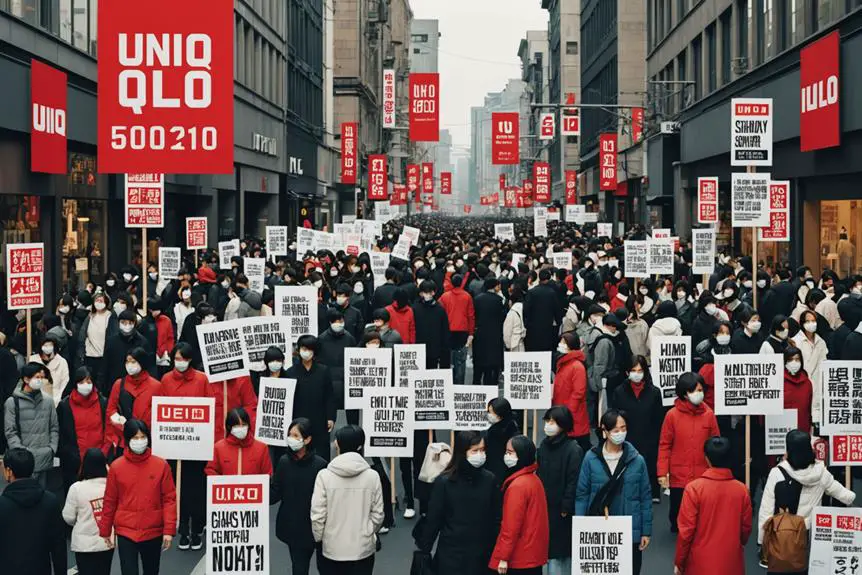
Amid growing scrutiny over ethical practices, Uniqlo has faced significant challenges and controversies that threaten its reputation and market presence. Allegations of labor rights violations at its Chinese suppliers emerged in January 2015, revealing persistent issues despite the company's earlier denials. This has placed Uniqlo under intense public scrutiny, particularly following a viral video incident at a Beijing store that ignited discussions about its labor practices and ethical standards.
In an attempt to manage its public image, Uniqlo even initiated a libel lawsuit against Shukan Bunshun, illustrating the lengths it will go to counter negative perceptions. However, these controversies have not only damaged its reputation but also led to tangible market challenges, including store closures. For instance, the closure of the Wijnegem location in Belgium in 2022 highlights the brand's struggle in certain regions.
Moreover, protests in the Netherlands against Uniqlo's ethical practices further emphasize the ongoing battle the company faces in addressing labor-related issues. As you consider Uniqlo's trajectory, it's clear that these challenges pose significant hurdles in its quest for sustainable growth and public trust.
Future Growth Strategies
To drive future growth, Uniqlo is ramping up efforts to expand its global footprint and embrace digital transformation. With plans to boost its global store count to over 4,000 by 2025, the company is focusing on key markets like China and the U.S. where it currently operates 832 and 60 stores, respectively. This expansion is complemented by a strategic push towards enhancing e-commerce sales, which are projected to rise considerably.
Here are three key strategies Uniqlo is implementing:
- Technology-Driven Innovations: By investing in advancements like 3D knitting and WHOLEGARMENT technology, Uniqlo is improving product offerings while reducing waste in production.
- Sustainability Initiatives: The brand is committed to increasing the use of recycled materials and cutting greenhouse gas emissions, appealing to environmentally-conscious consumers.
- Collaborations: Continuing to partner with high-profile designers and artists, Uniqlo aims to attract younger consumers through limited-edition collections, enhancing its brand appeal.
These strategies not only reinforce Uniqlo's commitment to affordable prices but also position it as a forward-thinking leader in the retail industry.
Cultural Impact and Influence
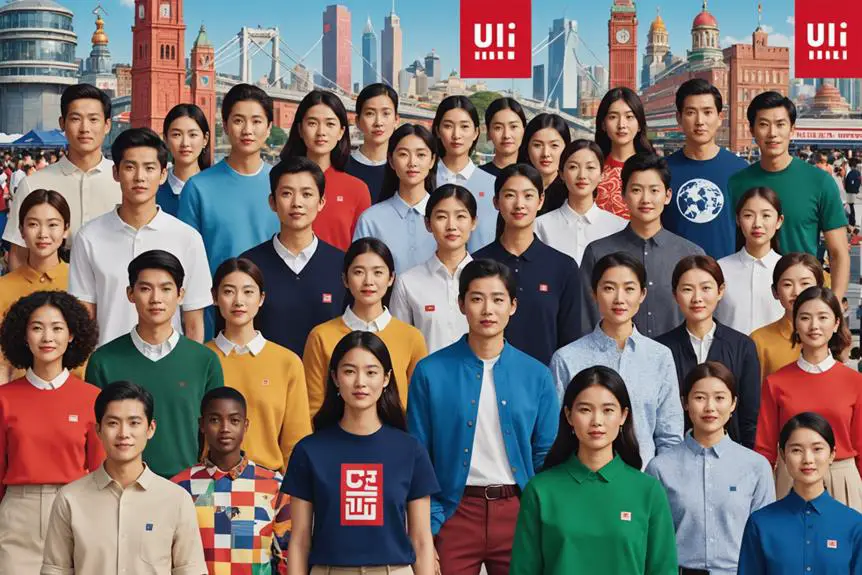
Fashion's evolution often reflects broader societal trends, and Uniqlo has skillfully navigated this landscape, redefining casual wear for a diverse global audience. By focusing on affordable fashion, Uniqlo has become a staple in urban lifestyles, appealing to a wide demographic that seeks both style and practicality. The brand's collaborations with renowned designers, like Jil Sander and KAWS, have further cemented its status as a cultural icon, influencing contemporary streetwear and attracting younger consumers.
Uniqlo's innovative technologies, such as Heattech and AIRism, have set new standards for functional clothing, showcasing a commitment to consumer comfort and utility. This focus on functionality aligns perfectly with the brand's LifeWear concept, which promotes simplicity and quality. In a world increasingly concerned with sustainability, this message resonates deeply with modern shoppers who prioritize versatile and eco-friendly clothing solutions.
With over 3,747 stores worldwide, Uniqlo has not only established itself as a leading player in the global apparel market but also as a significant influence on fashion trends, making both a cultural and practical impact that's hard to overlook.
Frequently Asked Questions
What Is the History and Background of Uniqlo?
When exploring Uniqlo's history, you'll discover its evolution from a small shop to a global apparel giant, emphasizing innovative designs and affordable quality. This transformation reflects changing consumer needs and the brand's strategic market positioning.
What Does UNIQLO Mean in Japanese?
In Japanese, "Uniqlo" translates to "unique clothing." This name reflects the brand's commitment to offering distinctive, quality apparel. You'll find that it emphasizes simplicity and functionality, resonating with the cultural appreciation for minimalist aesthetics.
Why UNIQLO Is so Famous?
Uniqlo's fame stems from its innovative technologies, affordability, and stylish designs. You'll appreciate their collaborations with renowned designers and the LifeWear concept, which seamlessly blends practicality with fashion, making it a staple in your wardrobe.
What Is an Interesting Fact About Uniqlo?
You'll find it interesting that Uniqlo's innovative Heattech technology, which retains body heat, revolutionized casual wear. This commitment to functional fashion not only enhances comfort but also reflects a broader trend towards blending style with practicality.
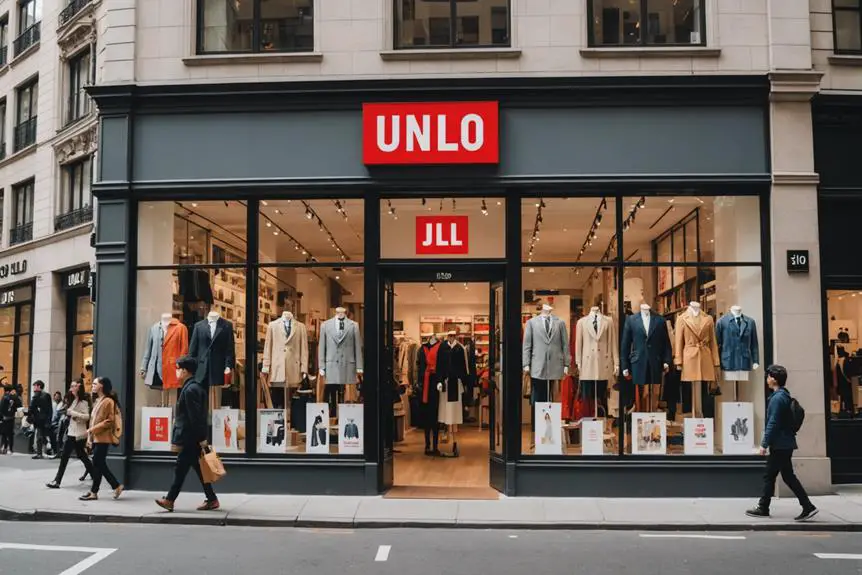

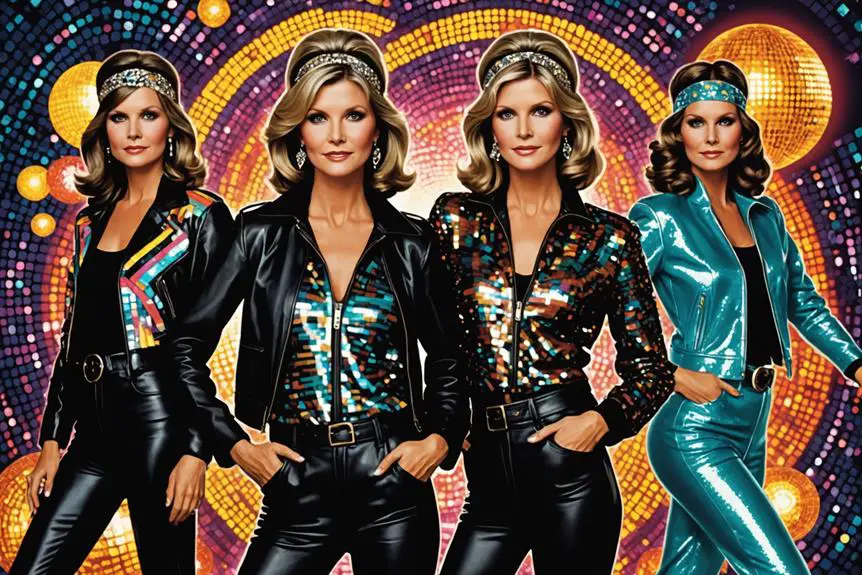
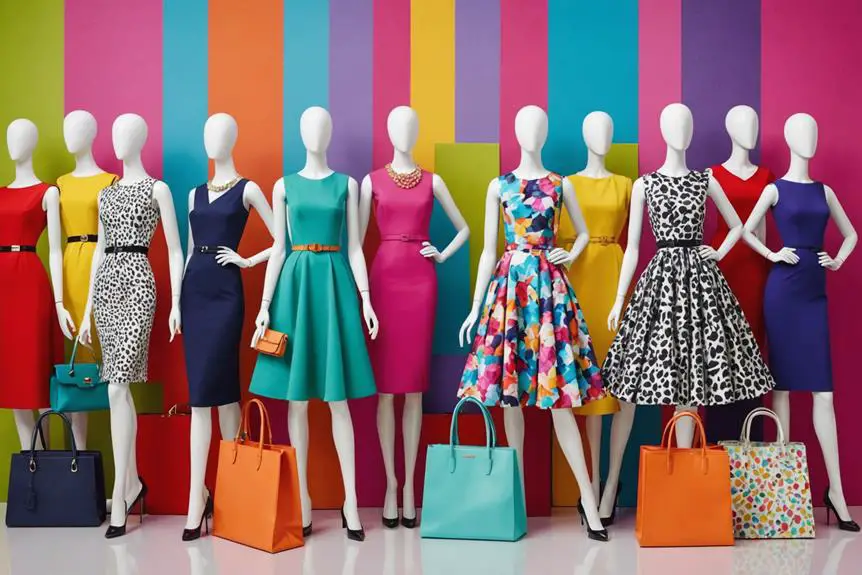
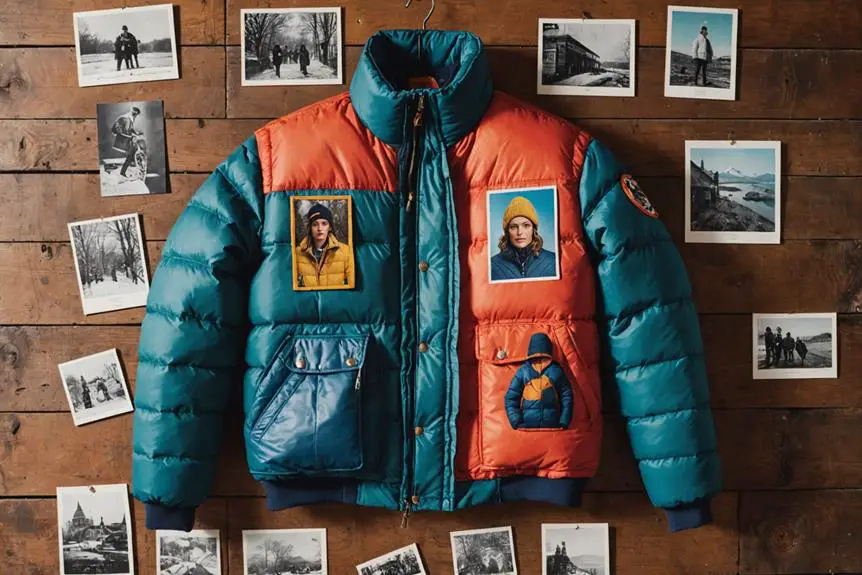
What’s up, yup this post is genuinely pleasant and I have learned lot of things from it about blogging.
thanks.
??????????????????????7m?????????????